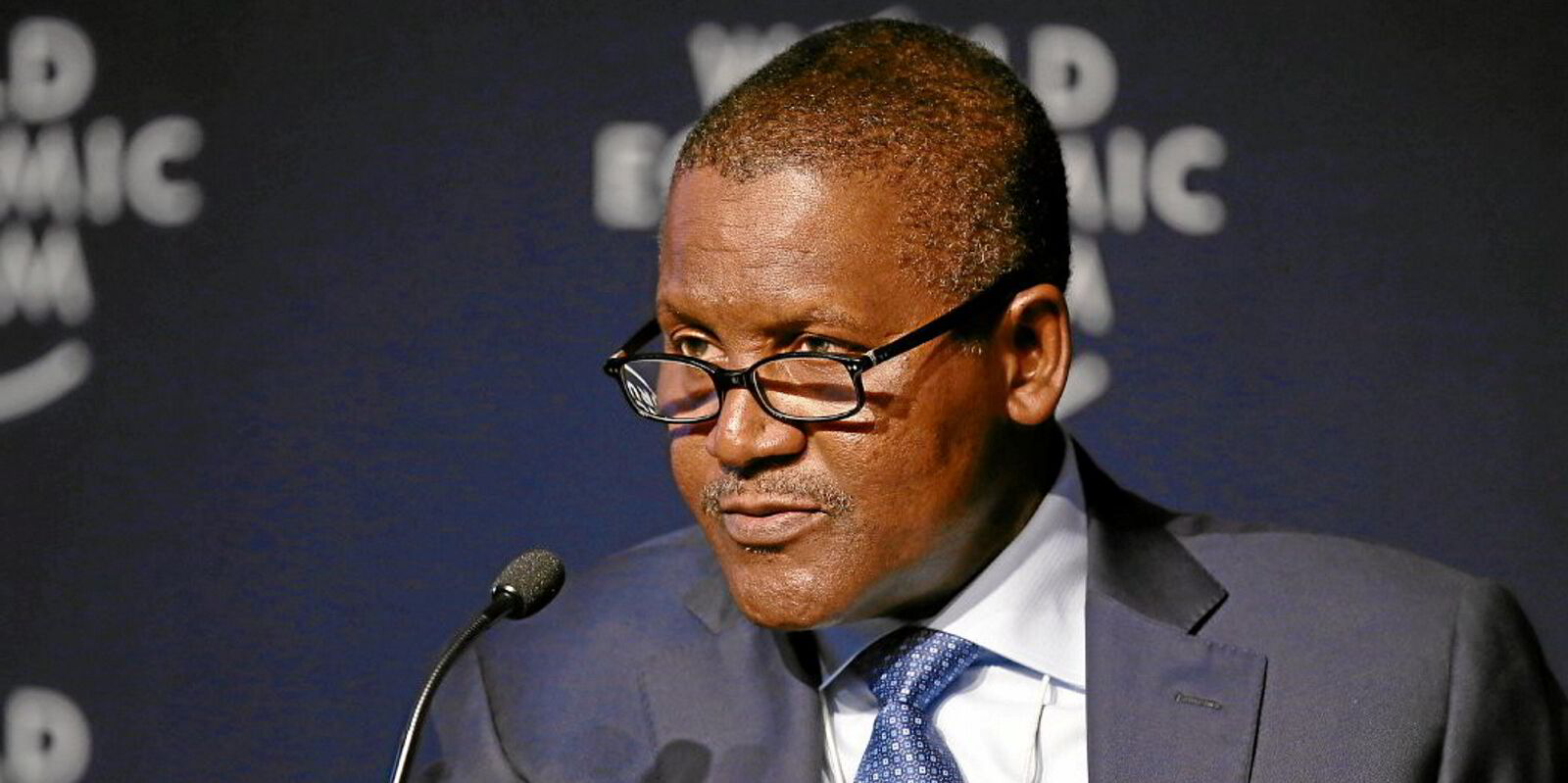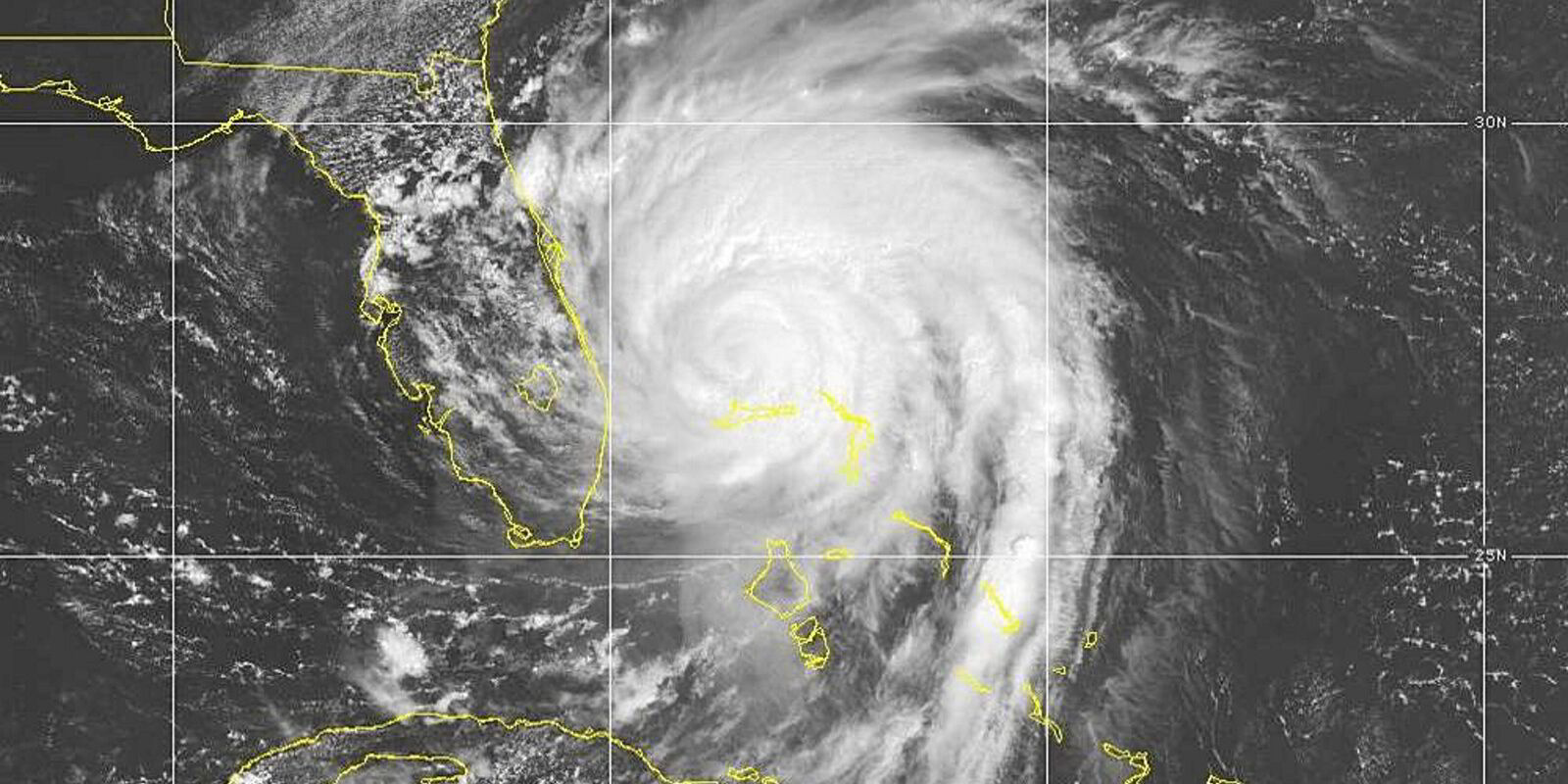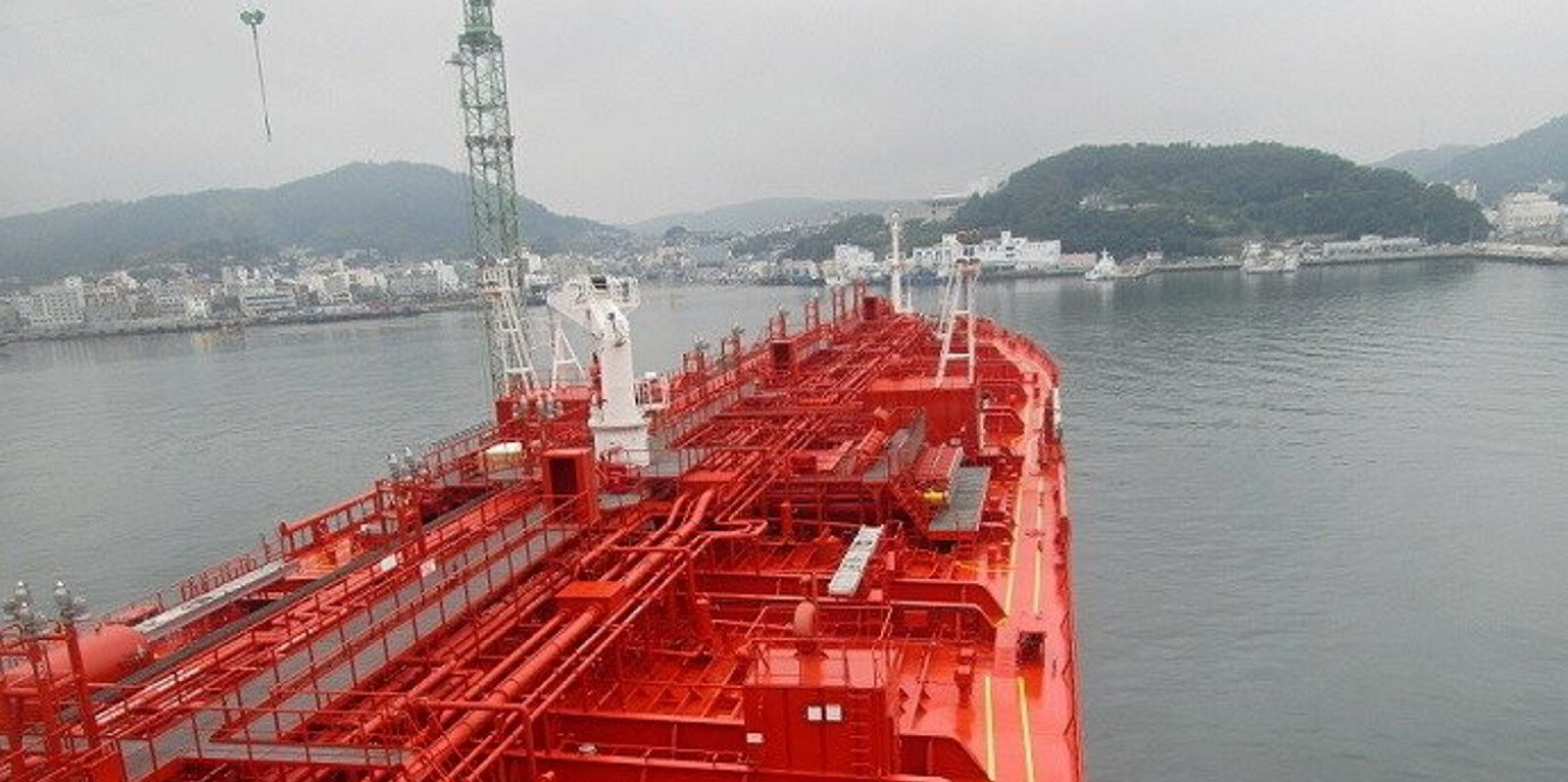Nigeria is to examine crude shortages at refineries due to a conflict between the new Dangote plant and the national oil regulator.
A parliamentary committee will also look into the alleged import of dirtier fuels and the operations of standards agencies.
“Our investigation will proceed in phases beginning with the allegation of production and importation of sub-standard petroleum products and unavailability of crude oil to domestic refineries,” said Ikenga Ugochinyere, a co-chair of the committee, according to Reuters.
The $20bn Dangote plant, Africa’s biggest, was launched this year by the continent’s richest man, Aliko Dangote, near Lagos.
The refinery has shaken up the tanker market, with more crude imported and refined products exported.
Sabotage and low investment levels have deterred domestic production of crude as feedstock.
Dangote Refinery claimed in June that oil majors were blocking its access to locally produced crude and the regulator was allowing fuel traders to import high-sulphur gasoil, undermining its operations.
But the Nigerian Midstream & Downstream Petroleum Regulatory Authority said the refinery was 45% complete and unable to meet the country’s needs.
It said gasoil produced by Dangote has between 650 and 1,200 parts per million (ppm) of sulphur and is therefore inferior to imported products.
Nigeria will enforce a limit of 50 ppm next year.
But tests conducted during a visit to Dangote by parliamentarians on Saturday showed 87.6 ppm from a gasoil sample, while two other samples from the domestic market showed 1,800 ppm and 2,000 ppm.
Willing to sell?
Aliko Dangote told the Premium Times on Sunday that he was willing to sell the refinery to Nigerian National Petroleum Corp to address allegations that he has a monopoly in the sector.
“Let them buy me out and run the refinery. They have labelled me a monopolist. That’s an incorrect and unfair allegation, but it’s OK. If they buy me out, at least their so-called monopolist would be out of the way,” he told the newspaper.
Analytics company Kpler said: “Despite the refinery’s promise to reduce Nigeria’s fuel import reliance and boost foreign exchange savings, it has struggled with supply issues and operational constraints.”
In June, the refinery suffered a fire in an effluent plant.
Footage of flames and black smoke billowing from the plant went viral in Nigeria.
Dangote Group later issued a statement, saying the “minor” fire was extinguished by firefighters.
The refinery has a capacity of 650,000 barrels per day.
Kpler said it was running at 237,000 bpd in June.
There are plans to ramp this up to 330,000 bpd this year.
Dangote imported its first crude cargo last December, and over the past three months, imports averaged between 230,000 bpd and 310,000 bpd, mainly consisting of Nigerian grades, supplemented by US barrels.
Much of this has been imported on VLCCs.
In March, clean and dirty cargoes were exported for the first time, with some barrels heading to Europe.
Kpler said volumes reached 290,000 bpd that month.
Two VLCCs were delayed in offloading US crude cargoes imported by PetroChina due to reported problems over agreeing payment terms with the refinery.






